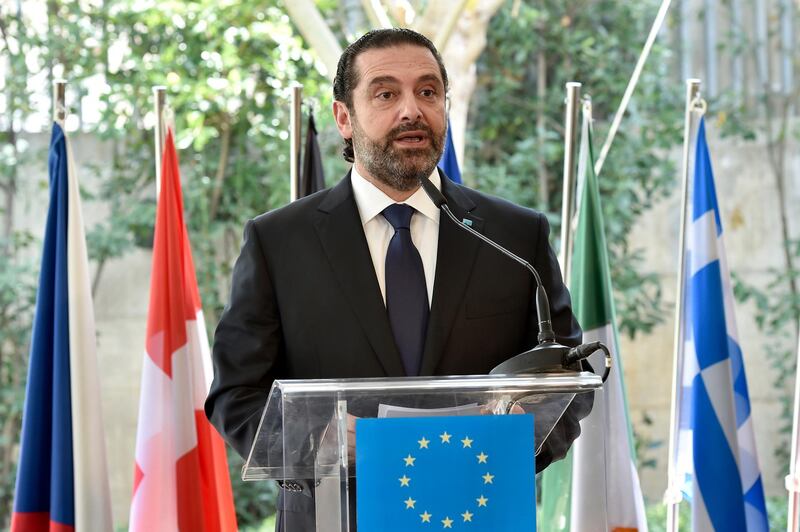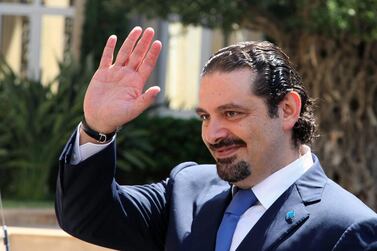Consumer confidence in Lebanon wavered on political uncertainty at the start of this year, before rising on the formation of a new government at the end of January after nine months of political gridlock, according to a new report.
The latest Consumer Confidence index from Lebanese lender Byblos Bank/AUB, covering the first quarter of 2019, showed a dip in sentiment between December 2018 and during January, with the index falling by 10.4 per cent as negotiations over a new parliament in the Arab country appeared to stall.
However, the index rebounded 13.6 per cent in February after the new government was formed, then decreased by 2.5 per cent in March. Overall, the index averaged 75.5 per cent in the quarter and was unchanged from the fourth quarter of 2018, the report published on Tuesday showed.
“Household sentiment was directly correlated to political developments during the first three months of 2019, as the January drop reflected the repeated false signals in late 2018 about a breakthrough in negotiations to form a new government,” said Nassib Ghobril, chief economist and head of the Economic Research and Analysis Department at Byblos Bank. “But the formation of the government on the last day of January, after nine months of political deadlock, led the index to jump in February.”
Lebanon formed a new government on January 31, ending months of political wrangling. Prime minister Saad Hariri apologised to the Lebanese people in a speech that day for the time it had taken to form the government, and said it must now deliver on promises to rein in public spending and overhaul the economy.
Lebanon’s economy has been hit by the war in neighbouring Syria, with annual gross domestic product growth rates falling to between 1 and 2 per cent, compared to 8 to 10 per cent in the pre-war years.
A report by Moody’s in February said Lebanon is expected to implement much-needed consolidation measures now that a new government is in place to reverse the country’s economic decline, but its fiscal position is likely to remain weak.
“The short-lived momentum in February and the retreat of the index in March highlight the fact that Lebanese citizens consider that the government’s formation in itself is not sufficient,” Mr Ghobil said on Tuesday.
“The acceleration of the much-needed reforms by the new government is the main factor that will sustain the confidence and expectations of households in the long-term.”
Byblos Bank and AUB noted that the average monthly score of the index in the first quarter of 2019 was 28.7 per cent lower than the quarterly peak score of 105.8 in the fourth quarter of 2008, and 22 per cent below the annual peak of 96.7 reached in the full year 2009.







